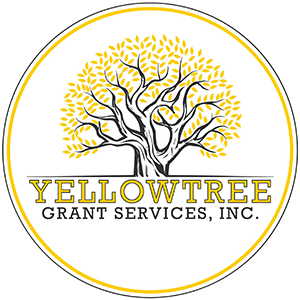Let’s Talk Budgets
Let's talk budgets, which can be one of the most daunting parts of a grant application. Your budget is a “numbers and money” representation of your project. These tips will hopefully assist with the task of developing the project budget for your application a bit more manageable.
Start with a draft budget. You may be tempted to start the grant writing process with the questions on the grant application in the order that they appear. But sometimes this results in the budget becoming an afterthought. To avoid this, engage the finance team (or person!) at the beginning of the process and work together to develop a draft of your project budget. This way when you're answering the questions in the application, your project activities will better align with the expenses in the budget.
List every eligible expense. This may seem obvious, but when it comes to actually writing a budget you need to check the application guide and list every eligible project or program expense (which can sometimes include overhead and administration costs) and in the categories that the funder wants. This not only demonstrates that you have thought through your project in great detail but also ensures you are maximizing the funding opportunity. If the funder provides a template, you must use it. Also be sure you are also able to track these expenses: you will need to show that you used the money how you said you were going to when you report back to the funder.
Give a description. Budgets can be very complicated and multi-layered and you can't assume that the funder can easily follow along. Be sure to provide a brief description of the expenses in your budget and how they relate to the project so it's clear to those reading it.
Most of us edit grant applications right up to the last minute! Double check that your final budget reflects the expenses for your final project activities.
